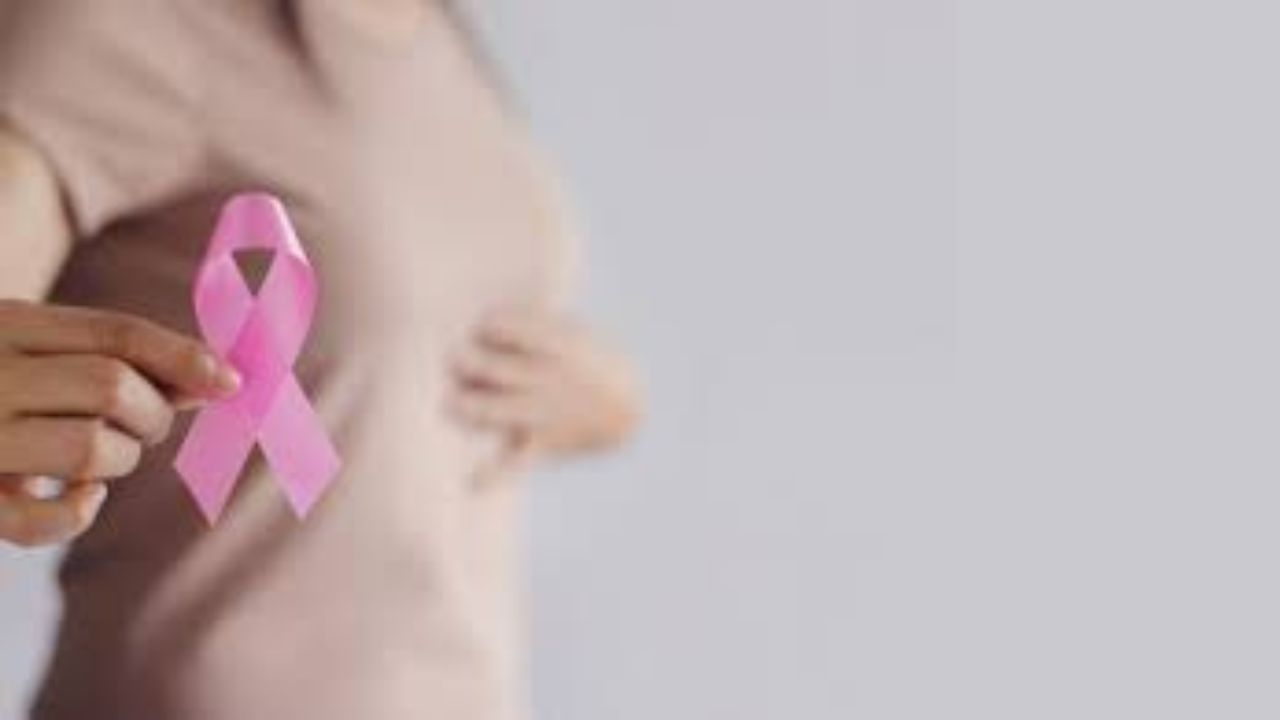Both sexes are susceptible to breast cancer, but women are more likely to have it because their breast cells are continuously exposed to the female hormones estrogen and progesterone produced by their ovaries. Over a longer period of time, this increases their risk of breast cancer. Worldwide, breast cancer affects millions of women. Among other factors, family history, radiation exposure, obesity, and alcohol intake are some of the common causes of breast cancer in women.
The risk of developing the second most prevalent cancer in women rises with age, and close blood relations of patients with breast cancer are considered to account for 5% to 10% of cases. Women who have breast cancer in their families are likewise more likely to develop the disease. Breast cancer risk is higher in women with dense breast tissue because they have more glandular tissue and less fatty tissue.
Millions of women worldwide are affected by breast cancer, making it crucial to understand the variables that contribute to its development. Women may have an increased risk of breast cancer for a number of key causes. Family history is one of the most crucial determinants; women who have a history of the disease in their family are more likely to acquire breast cancer. Specific gene abnormalities, such as BRCA1 or BRCA2, enhance a woman’s risk of developing breast cancer. Age is a substantial additional risk factor for breast cancer, particularly for women over 50. Breast cancer risk can be raised by hormonal causes as well as lifestyle choices like alcohol use, inactivity, and excessive weight gain.
Top causes of breast cancer in women:
1. Growing older: It has been observed that women over 50 are more likely to develop breast cancer.
2. Family History and Genetics: If your parents, siblings, children, or other close relatives have been diagnosed with breast cancer, you have a higher probability of developing it at some point in your life.
3. Radiation exposure: If you’ve previously received radiation therapy, particularly to the head, neck, or chest, you’re more likely to get breast cancer.
4. Alcohol consumption: Regularly consuming large amounts of alcohol may help breast cancer develop.
5. Breast cancer history: If you’ve previously had breast cancer or a lump, your risk of acquiring it again increases, either in the same breast or the other.

 हिंदी
हिंदी






